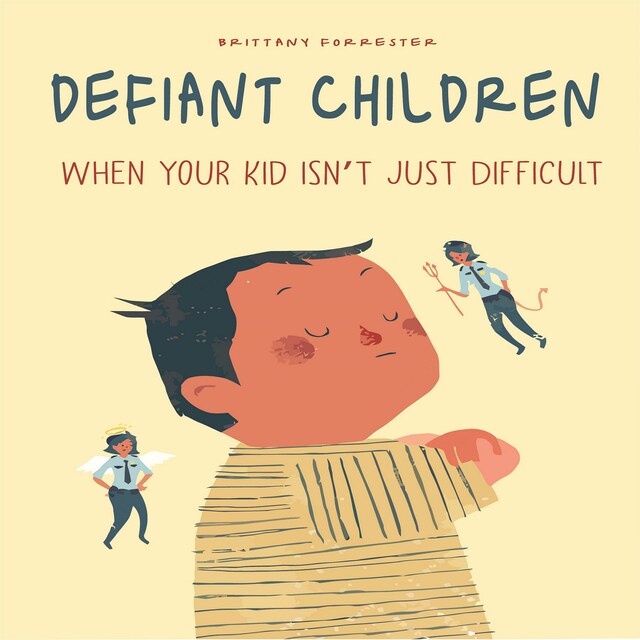
Defiant Children
Beskrivelse av boken
Learning to communicate and manage frustration is part of growing up. But some children don’t master those skills. Suppose their frequent angry outbursts and aggressive behaviors interfere with family life, making friends, or school performance. In that case, they may have the oppositional defiant disorder (ODD), which, by some estimates, affects up to 16 percent of school-age children. Though no statistics are available for younger children, experts say that most children with ODD show signs of the disorder in the preschool years.
Oppositional defiant disorder describes a pattern of angry/irritable mood, argumentative/defiant behavior, and/or spitefulness that lasts at least six months in multiple settings. It occurs almost daily in children younger than 5 and at least once a week in older children. (By 6 or 7, most children have learned to express anger in productive, socially acceptable ways.)
Examples of anger and irritable mood include frequent loss of temper and being easily annoyed or resentful. Argumentative and defiant behavior includes refusing to obey rules, continually challenging authority, being deliberately annoying to others, and/or blaming others for mistakes or bad behavior.
He says that many children with ODD have other mental health challenges, such as anxiety, mood disorders, and language and learning disorders. Trauma, parenting, styles, and other environmental issues may also contribute.
As with many mental health conditions, ODD occurs on a continuum. Children with mild ODD may show symptoms only at home or only at school. Moderate ODD may be the diagnosis when a child’s ODD behaviors happen in two settings. ODD is classified as severe when the acting out is seen in three or more locations.
Kategorier:
Format:
Språk:
Engelsk


